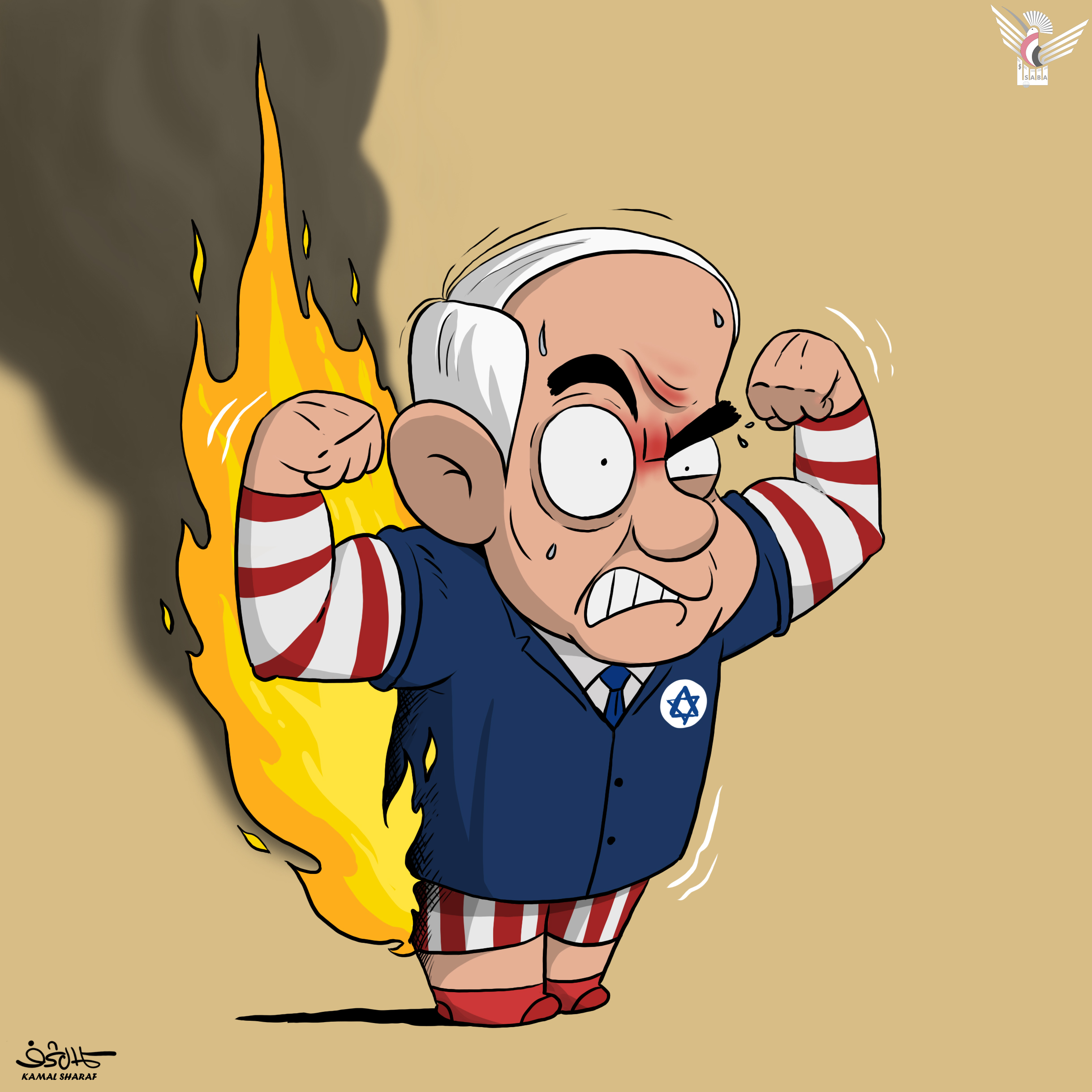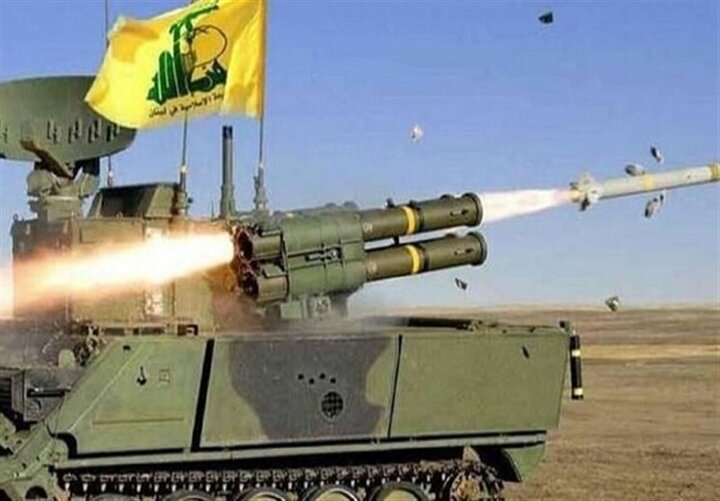Beirut - Saba:
Amid the ongoing Zionist military escalation in southern Lebanon, the critical importance and practical necessity of Hezbollah's weapons have become evident. They are seen as an essential choice for resisting the occupier and deterring its persistent aggressive attempts—a stance reaffirmed by Hezbollah’s leadership, which remains steadfast in its commitment to arms as both a means of resistance and the sole guarantee to deter the Zionist enemy.
In a message intended to be unequivocally clear—addressing both domestic and international discourse on disarming the resistance—Hezbollah’s Deputy Secretary-General, Sheikh Naim Qassem, put an end to any debate, declaring plainly that the party would never surrender its weapons under any circumstances.
In his latest speech, Qassem stated that renewed discussions about the resistance's weapons are merely part of U.S. pressure on the new Lebanese government, linking continued international support to the issue of arms. He emphasized that the resistance does not fear such pressure and that threats from the U.S. and "Israel" do not intimidate Hezbollah or its supportive environment. The resistance’s weapons, he asserted, will remain as long as the land is occupied and aggressions persist.
He further stressed that any talk of disarming Hezbollah serves the Zionist project, aiming to weaken Lebanon and pave the way for the occupation to expand within its territories once again.
Qassem pointed out that the resistance has succeeded in recent years in establishing a deterrence equation with "Israel," preventing it from achieving its aggressive objectives against Lebanon.
Sheikh Qassem’s remarks were echoed by Mahmoud Qmati, Deputy Head of Hezbollah’s Political Council, who voiced full support in a press statement. He reiterated the party’s unwavering commitment to its weapons, warning that "any hand that reaches for them will be cut off"—a reference to the words of the late martyr Sayyed Hassan Nasrallah.
In a direct response to these arguments, the prominent Jaafari Mufti, Sheikh Ahmad Qabalan, stated that "the Resistance is a guarantee of the country's sovereignty. Any mistake regarding the Resistance, its weapons, or its status will explode Lebanon. Lebanon without the Resistance is a country without sovereignty—a weak state incapable of confronting Israel. The diplomatic option is a national graveyard, and what is happening south of the Litani River exposes the state’s glaring weakness."
In a firmer tone, Wafiq Safa, the head of Hezbollah’s Coordination and Liaison Unit, affirmed that the party's weapons "will not be surrendered," and no one has the power to do so.
Regarding recent media and political campaigns targeting the Resistance’s weapons, Safa pointed out that this is not isolated from the "psychological war" aimed at undermining the Resistance’s environment and credibility. He argued that this rhetoric is being promoted by instigators on social media platforms, adding, "If those demanding the disarmament of our weapons by force were capable, they would have done so."
While emphasizing that the defensive strategy is to protect Lebanon and not to surrender arms, he stressed that any dialogue on this strategy cannot occur before the Zionist enemy withdraws from all Lebanese territories, prisoners are freed, and Zionist attacks on Lebanese sovereignty cease.
Regarding Hezbollah’s stance on discussing the defensive strategy, MP Hassan Fadlallah, a member of the Loyalty to the Resistance Bloc, asserted that "national dialogue in Lebanon can only take place with forces that recognize the Israeli occupation as an enemy and place Lebanon’s sovereignty above any external consideration—whether American or Israeli."
In a press statement, Fadlallah said, "Dialogue is only possible with those who believe that Lebanon’s sovereignty takes precedence over any external conditions and that the occupation is an enemy that cannot be tolerated."
He emphasized that "the Resistance’s leadership will not compromise a single drop of the martyrs’ blood nor any element of the Resistance’s strength."
He added, "We do not call for dialogue with those who mislead public opinion, sow division, and attack the Resistance. Rather, we engage with those who share these principles to reach a defensive strategy that protects Lebanon and preserves its sovereignty."

| more of (Reports) |




